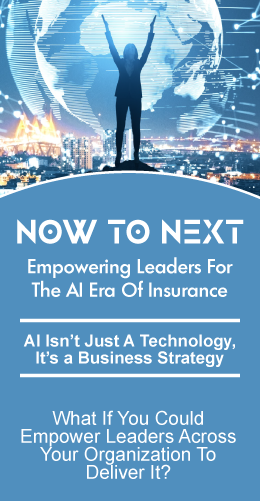We’d like to invite you into a story about Josh and Sarah, a young couple living on a farm just outside of Nashville just a few years from now. As they start planning their business, they realize they need to figure out what kind of insurance they need personally and professionally, and for the business and their employees. Which side of their experience will your company find itself on?
Josh and Sarah have been dreaming. They are starting a home business building custom acoustic guitars. They plan to hire 5 craftspersons to help them build the guitars, and they will be doing this in a separate building on the property they live on. This shop will contain manual as well mechanical woodworking tools.
As they plan, they realize they need insurance. They need personal and professional insurance for themselves, their business, and their employees. They try first to figure out their insurance needs by contacting an insurance agent who doesn’t seem to really understand their needs. Sarah calls the agent, “Hi, we’re planning to start a small business building custom guitars. Can you help us figure out what kind of insurance we need?” The agent responds, “Sure, here’s a form to fill out and a list of the policies we offer that can cover your business, your employees, and your personal needs.” They ask if he’s familiar with their kind of business. He says don’t worry, I work with all kinds of businesses.
Sarah and Josh are left feeling frustrated as the agent doesn’t seem to want to understand the specifics of their business needs. They also try to use different websites from insurance companies and aggregators, which frustrates them because those sites focus on individual insurance products, not comprehensive needs.
Finally, they hear about an insurer that uses a digital-first approach. The insurer provides a next-generation AI-based app and user experience to gather a small amount of data about them and their business and then develops and presents a highly personalized suite of integrated, flexible insurance coverages and value-added services. They give it a try, and the app helps them understand their risks and needs better than any of the other options they tried before. It leverages 3rd party data to provide a more accurate and personalized insurance solution.
The solution includes a risk monitoring package that uses IoT data and video information from the shop and the equipment in it, as well as smart safety equipment to reduce risk, including employee fatigue levels. The solution constantly monitors the business activity, including things like revenue, exhibiting at trade shows, and monitoring supply chains, to provide them with as-needed coverage and services that flex and scale as their business changes.
Josh and Sarah are thrilled with the highly personalized experience. They can even use the app collaboratively to monitor their risks and coverage, even though, at times, they are in different parts of the world. They can easily track their coverage and make changes as their business evolves. They feel like they have a partner in their insurer who understands their business and helps them grow.
As their business grows, they start to offer embedded insurance as part of the guitar purchase, using the same app. Customers love the convenience and the protection it provides. They feel like Josh and Sarah’s business is one they can trust, and the insurance embedded in the guitar purchase provides an extra level of confidence.
Fast forward to a music trade show, where they’re featured in a keynote on starting, managing, and growing music-related businesses. They shared with an audience of several thousand business owners the incredible value this insurance solution they are using has been.
This next-generation platform-based insurance suite provides a solution that is far better than the competitors that are using a legacy approach to designing products and engaging customers. The highly personalized experience and flexibility of the solution have made Josh and Sarah loyal customers, and they recommend it to everyone they know.
Now imagine which side of the user experience story your company will be on. Are you the insurer who frustrates and loses customers, or are you the one who understands their needs and helps them grow? The results of being on the wrong side can be costly, but the benefits of being on the right side can be tremendous.
It’s clear from Josh and Sarah’s story that creating a customer-centric approach and providing interconnected insurance solutions that leverage 3rd party value-added services is becoming increasingly important in today’s digital age. As demonstrated in the story of Josh and Sarah, customers are looking for a seamless and personalized experience when it comes to insurance. By using a digital-first approach, the insurance provider was able to understand Josh and Sarah’s unique needs and provide them with a holistic solution that addressed their personal, professional, and business insurance requirements.
Insurance providers that fail to adopt this approach risk losing customers to digital insurance leaders who are already developing these kinds of solutions. These digital leaders are leveraging innovative technologies and data sources to provide customers with a highly personalized and interconnected insurance experience.
The benefits of this approach go beyond customer satisfaction. By leveraging IoT data, video information, and other innovative technologies, insurance providers can better monitor and reduce risk, leading to fewer claims and lower costs. Additionally, by offering flexible components that interoperate with each other, insurance providers can adjust coverages based on the changing needs of the customer, leading to increased customer loyalty and retention.
As digital insurance leaders continue to push the envelope and offer innovative solutions, it’s crucial for insurance providers to keep up or risk falling behind. By providing a holistic and personalized approach, insurance providers can not only meet but exceed customer expectations, leading to long-term success and profitability
Let’s get started.
Mike Connor, CEO, SVIA
revenue.
Your thoughts and comments are appreciated








